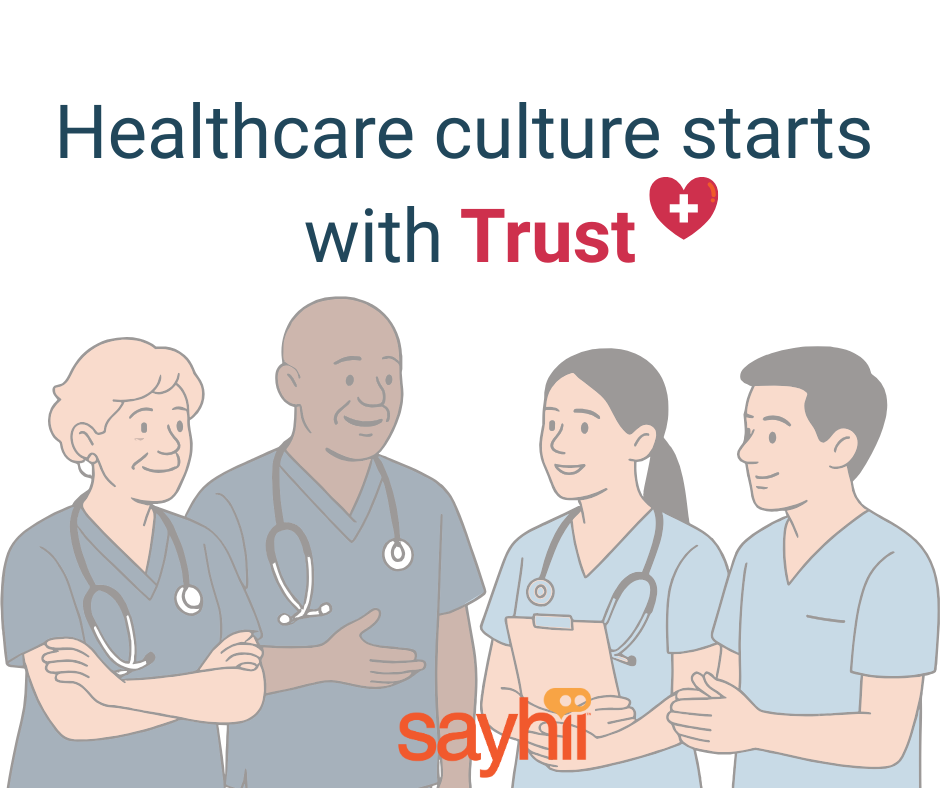
The New Foundation of Healthcare Culture: Why Trust Drives Every Workforce Outcome
Trust is the single greatest predictor of workforce success in healthcare. From burnout and retention to patient experience and operational performance, trust shapes every outcome. This article explores why trust must be the foundation of healthcare culture—and how real-time feedback gives leaders the visibility they need to strengthen it every day.

The Employee-Centric Workplace: Trends for 2026
Discover the key workplace trends for 2026, from AI-powered collaboration and hybrid flexibility to conscious leadership and emotional salary. Learn how employee-centric strategies are redefining the future of work

How to Stay Focused and Execute at Work in December
December is one of the hardest months to stay productive at work. With holiday distractions, year-end fatigue, and office slowdowns, focus often drops. Research shows only 23% of employees are fully engaged, multitasking reduces productivity by 40%, and average daily productivity is just 2 hours 53 minutes. This blog shares practical strategies—like micro-goals, time-blocking, and flexible schedules—to help you execute effectively despite the holiday slowdown
Recognition, Appreciation, and Connection: The Future of Workplace Culture
Explore how recognition, appreciation, and connection shape the future of workplace culture. Learn the ROI of recognition, the power of appreciation, and how hybrid teams thrive when employees feel valued.

Creating a Culture of Appreciation in Hybrid Teams
In hybrid teams, connection can easily fade — but appreciation can bring it back. Building a culture of appreciation isn’t about grand gestures; it’s about consistent, authentic recognition that helps people feel seen, valued, and connected. Learn how intentional practices and leadership habits can turn appreciation into a daily rhythm that strengthens trust, engagement, and performance — no matter where your team works.

The Power of Acknowledgement, the Behavior of Appreciation
Acknowledgement and appreciation may sound similar, but their impact couldn’t be more different. Acknowledgement says “I see you.” Appreciation says “I value you.” This blog explores how moving from simple recognition to genuine appreciation transforms relationships, strengthens culture, and drives measurable results. Learn how to turn appreciation into a daily behavior — not a one-time gesture.

The ROI of Employee Recognition: It’s More Than a Thank You
In today’s fast-moving organizations, a simple “thanks” won’t cut it. But when done intentionally, employee recognition delivers measurable results — not just in morale, but in productivity, retention, and organizational culture. Dive into how recognition becomes a strategic investment and how tailoring it to personality, timing, specificity and values makes the difference.

Celebrate Innovation: Make It Fun, Make It Happen
Innovation thrives when curiosity, creativity, and fun collide. When we celebrate innovation—not just the big breakthroughs, but the small experiments and bold ideas—we send a clear message: creativity is valued here. From hackathons to innovation showcases, the act of celebrating ideas inspires engagement, encourages collaboration, and embeds innovation into company culture. Because when people enjoy the process, they’re more likely to keep creating, experimenting, and pushing boundaries—turning fun into fuel for sustainable innovation.

Intrapreneurship: Driving Innovation from Within
Intrapreneurship turns ideas into impact from within an organization. By taking ownership, experimenting, and collaborating, employees drive innovation, engagement, and measurable results—without leaving the company.

Failure on the Path to Success
Success is rarely a straight line. Setbacks, missteps, and moments of doubt are part of the journey. By embracing failure, reflecting on lessons learned, and practicing gratitude for what is, you move forward—step by step—toward real progress.

Fostering a Culture of Experimentation and Growth
Innovation doesn’t happen in perfection—it happens in experimentation. Companies that encourage testing, learning, and even failing forward are 5x more likely to outperform their peers. By shifting from fear to curiosity, organizations unlock faster learning, stronger collaboration, and a culture where ideas thrive.

The Idea You Think Everyone Else Has… Nobody Does!
We often silence ourselves, thinking, “Everyone must have already thought of this.” But the truth is, they haven’t. Your perspective is uniquely yours—and it could be the missing piece that sparks innovation. When you share your ideas, you expand what’s possible for the whole company.
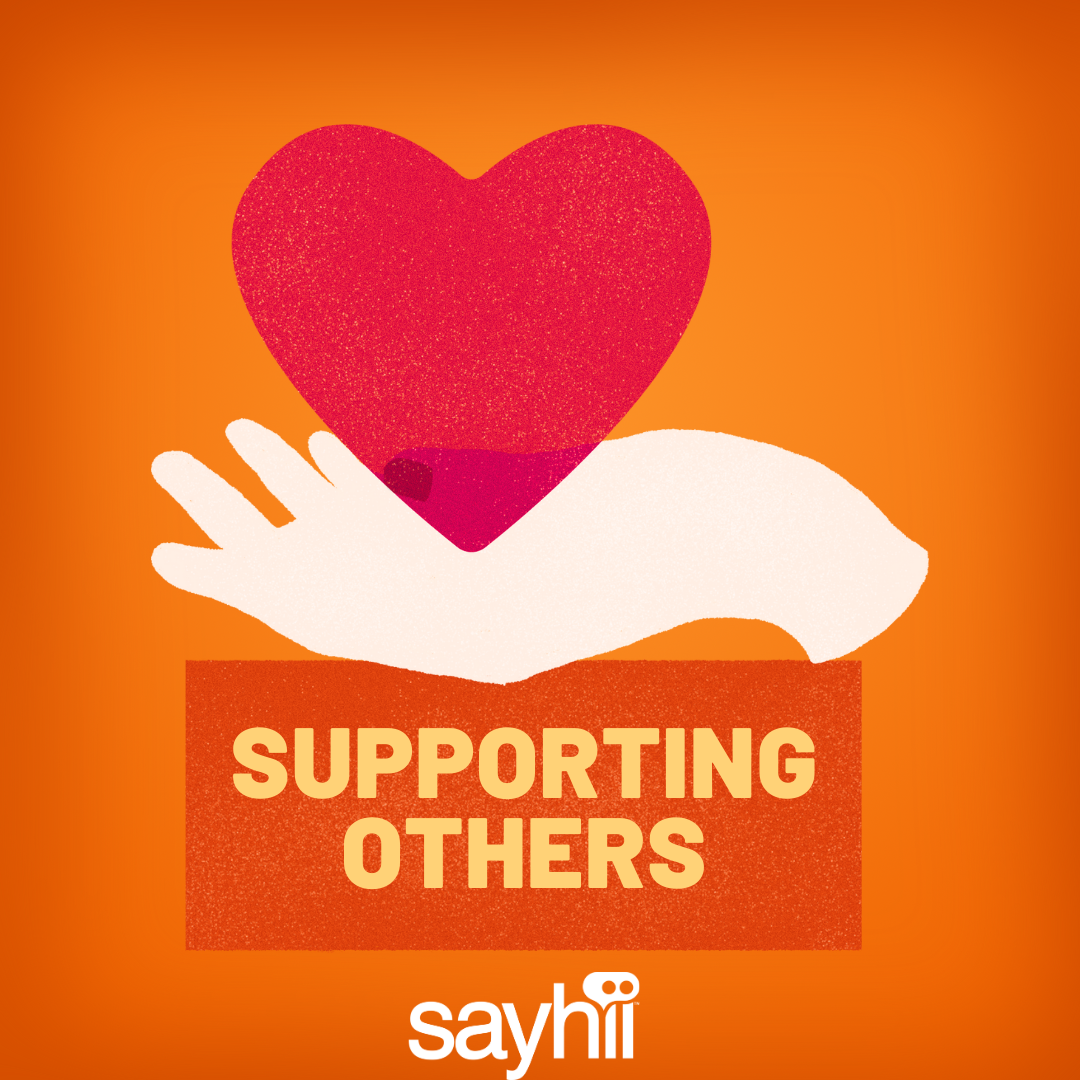
Supporting Others in Times of Change: Control vs. Leadership
When change disrupts the familiar, people don’t need a commander—they need a compass. Supporting others isn’t about taking control of their path; it’s about walking beside them with empathy, clarity, and courage. Leadership in times of transition means resisting the urge to fix and instead choosing to listen, guide, and empower. As John C. Maxwell reminds us, “Leadership is not about titles, positions or flowcharts. It is about one life influencing another.” In moments of uncertainty, your role isn’t to dictate—it’s to inspire.
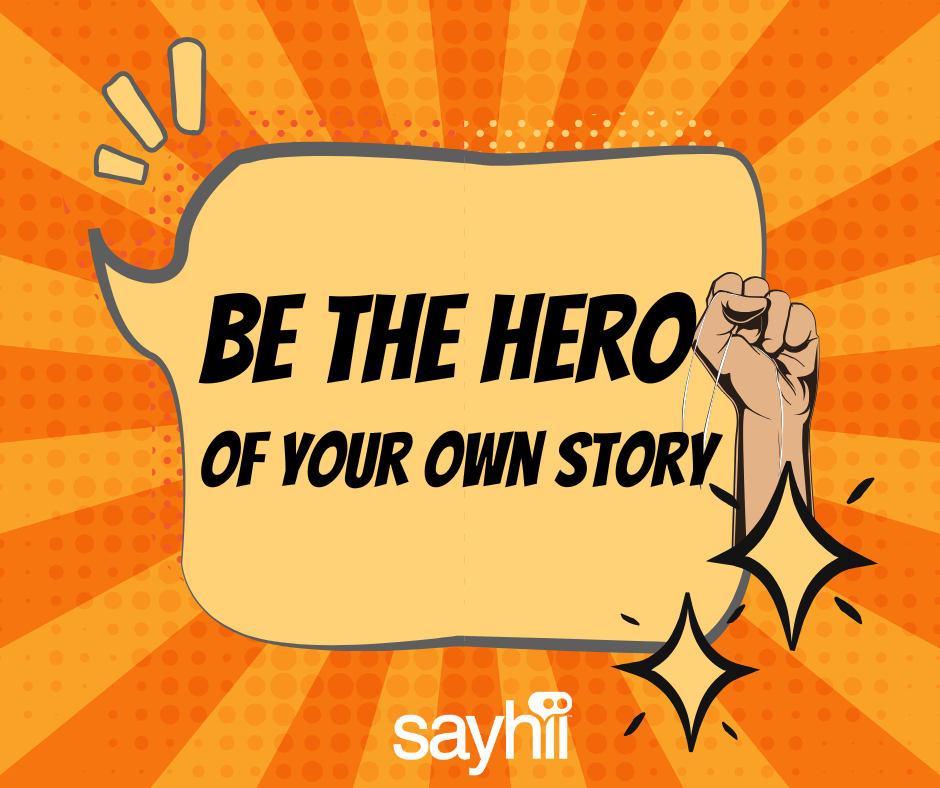
Problem vs. Solution Thinking: You’re Not a Victim…You’re the Answer
We don’t build self-worth by avoiding hard things—we build it by facing them. Living in the solution means stepping out of the victim mindset and into radical ownership. It’s not about pretending everything’s fine; it’s about saying, “This is hard, but I’m still choosing to move.” That choice, repeated over time, becomes a quiet kind of power. As Brené Brown puts it, “You can choose courage or you can choose comfort. You cannot have both.” The reward isn’t instant—but it’s real. You do the hard thing, and afterward, you trust yourself more. That’s the kind of growth that sticks.
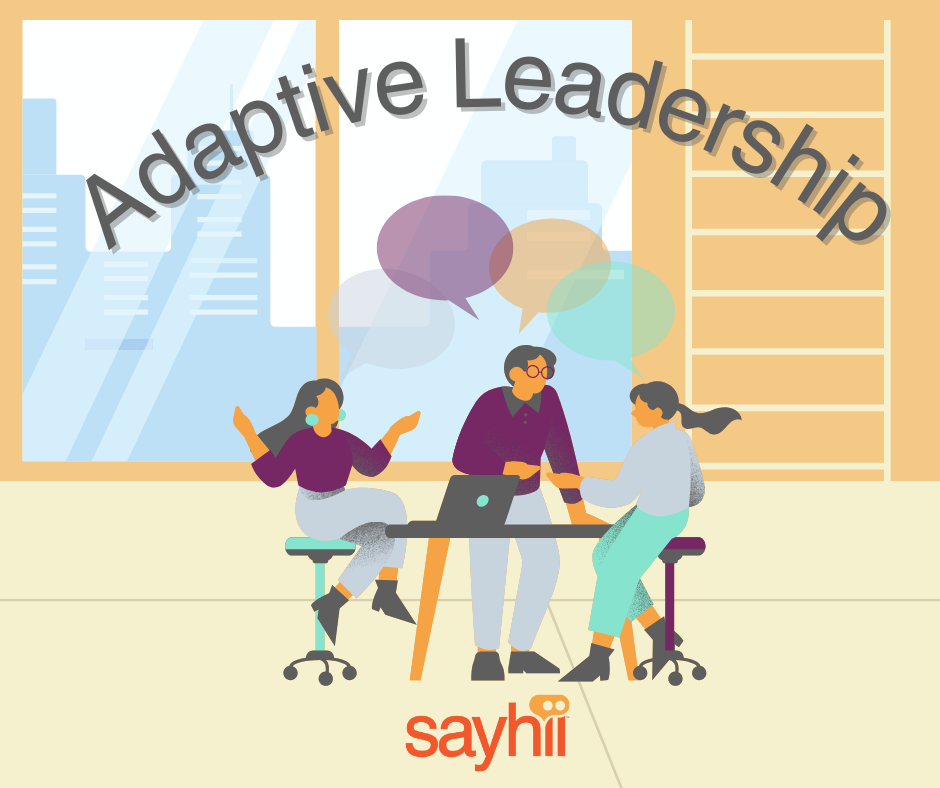
Why Adaptive Leadership Is Essential for the Modern Workplace
In a modern workplace defined by constant change, rigid playbooks no longer work. Adaptive leadership meets challenges with flexibility, empathy, and solution-focused thinking—transforming uncertainty into opportunity. When leaders model resilience and abundance, they create cultures where people move from fear to ownership, from victim to victor.

From Victim to Victor: The Power of Living in the Solution
From Nelson Mandela to everyday moments, the shift from victim to victor starts within. When we stop asking “Why me?” and start asking “What now?”, we reclaim our power. This piece explores how to recognize a victim mindset, break free from blame, and embrace a life of abundance, agency, and growth.
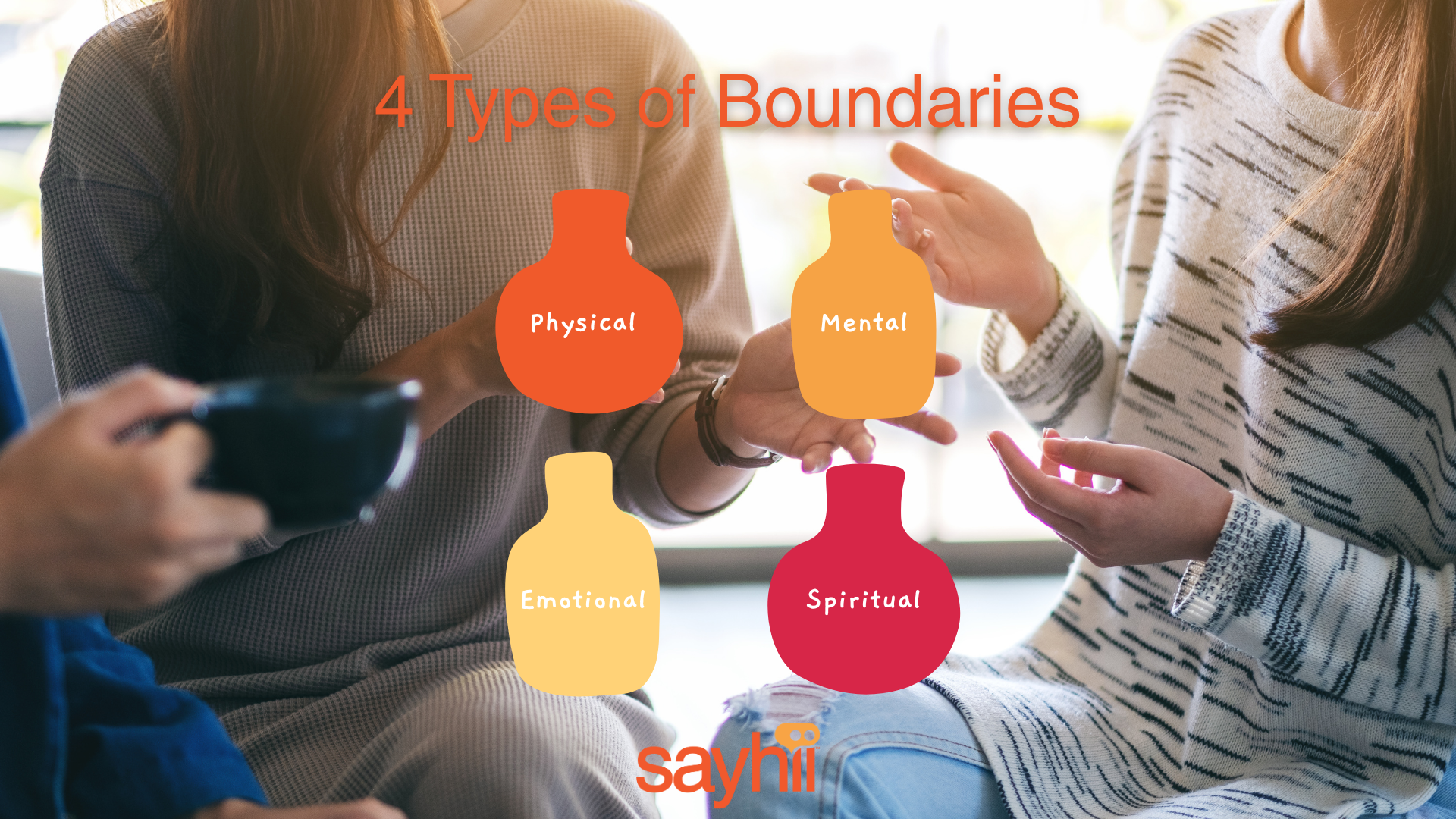
Are You Getting What You Need? How to Advocate for Yourself at Work and in Life
In our last post, we asked: What’s holding you back?
Now we ask something just as important—
Are you getting what you need?
Whether you're in a leadership role, part of a growing team, or navigating a personal transition, this question is both simple and revealing.
Because if the answer is "no"—then it's time to dig deeper.
Is it a you thing… or a them thing?
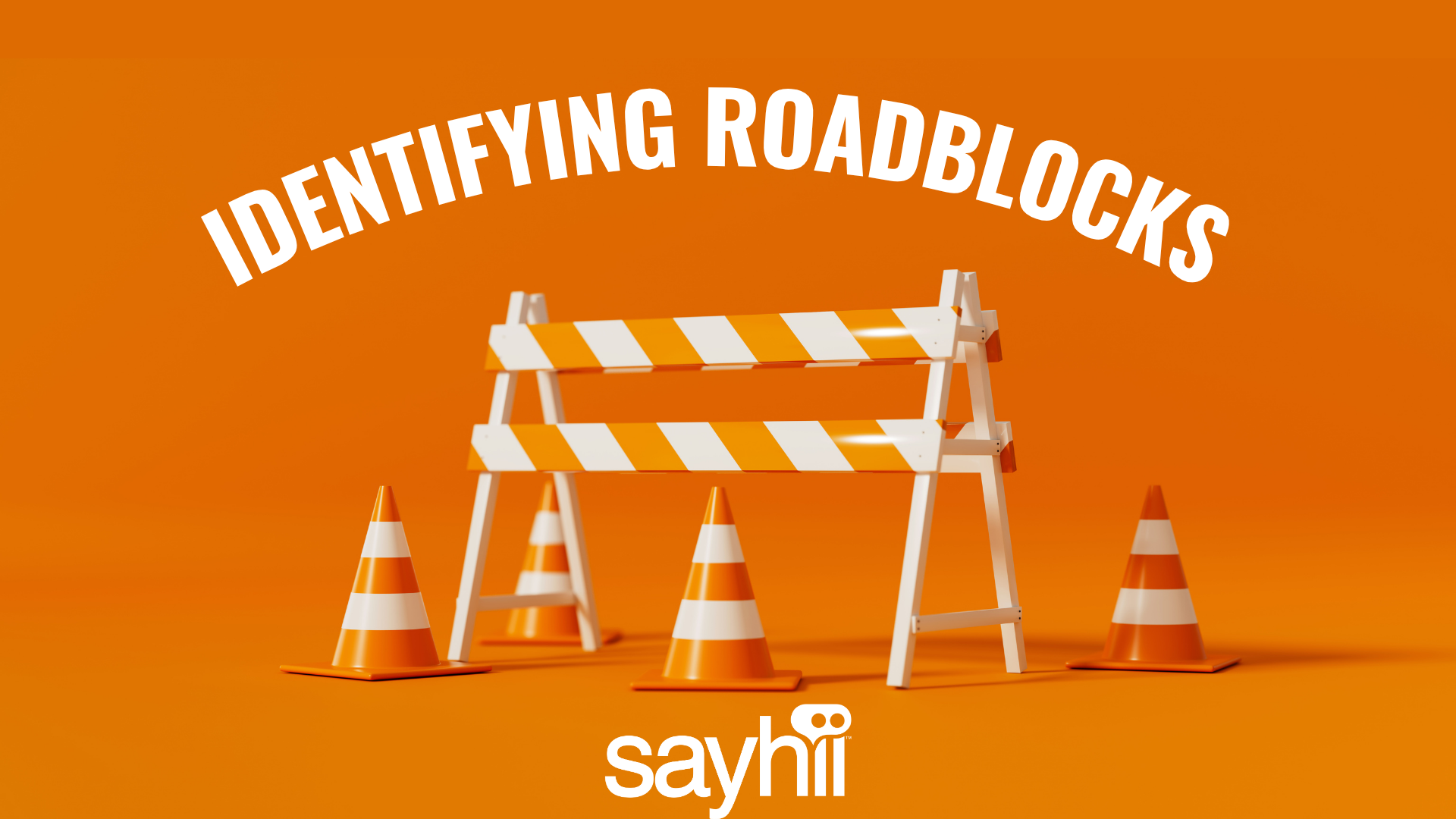
What’s Holding You Back? Embracing Transition and Breaking Through Roadblocks
Breaking silos in organizations starts with breaking personal silos. If you want a more collaborative culture, be the one who reaches across the aisle. If you want innovation, share that half-formed idea. If you want transparency, speak honestly about what you’re navigating.
When individuals show up authentically, teams shift.
When teams shift, organizations grow.

Breaking Silos in Times of Change
As teams adjust to seasonal transitions and shifting routines, workplace silos can quietly form—hurting collaboration and culture. Learn practical tips for breaking down silos, building cross-functional relationships, and creating connection at every level of your organization.

Back to School: How to Lead When Everything's in Motion
"Change isn’t just a calendar shift—it’s an emotional shift. And people don’t resist change because they fear the new. They resist because they’re grieving what they’re leaving behind."
As leaders—whether of teams or families—we need to honor that. Before we rush into new routines, we need to create space to name the transition, allow people to recalibrate, and ground ourselves in purpose. Because people can weather a lot of change. What they can’t weather is feeling alone in it.

